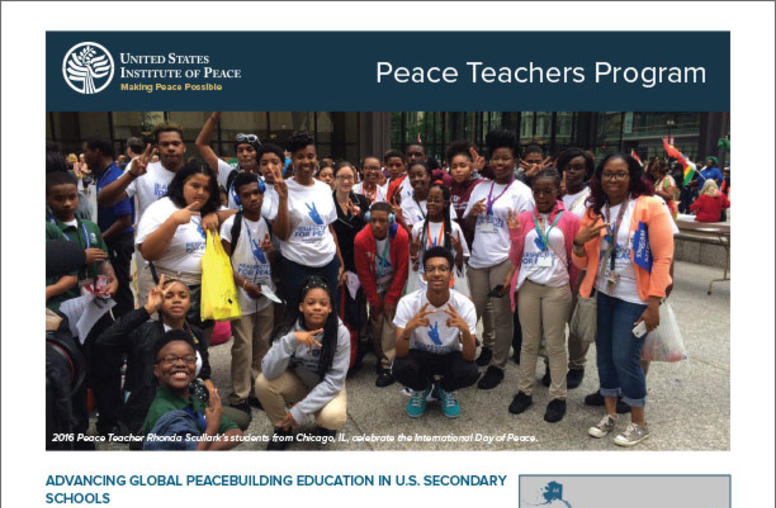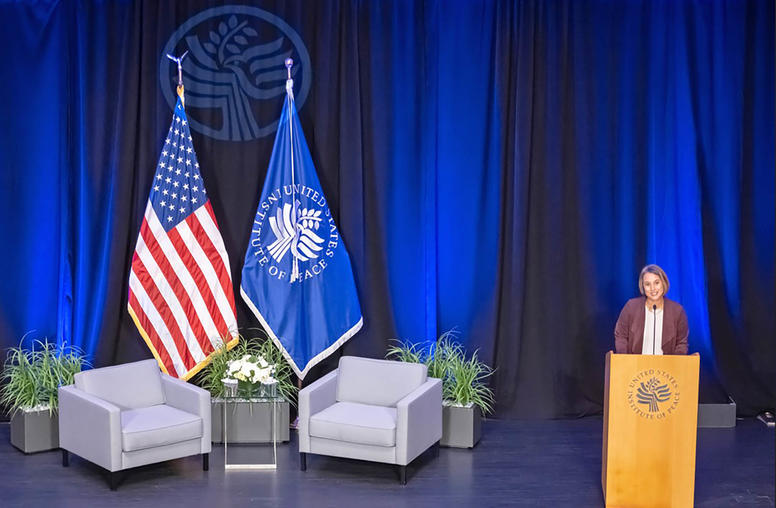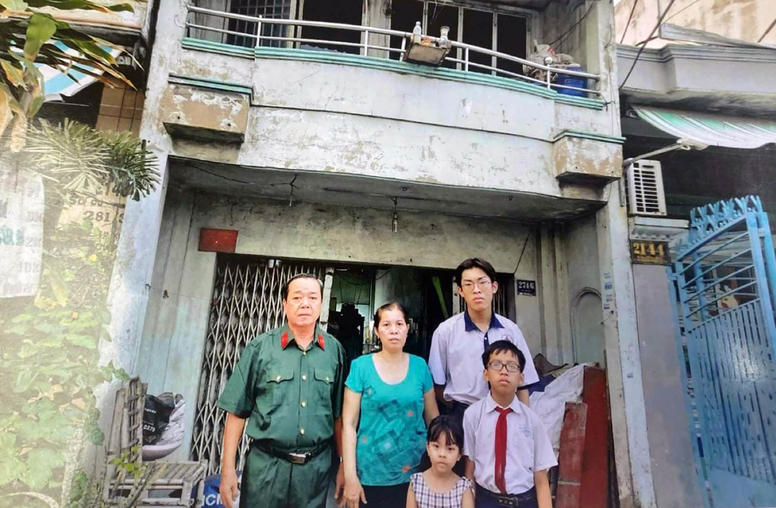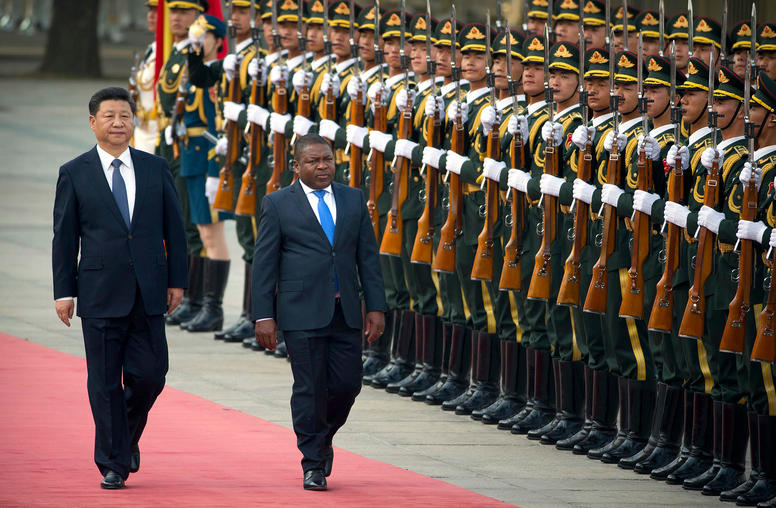Rabtt, a Pakistani group founded by university students that received a small USIP grant a couple of years ago, is seizing on the emerging phenomenon of Internet crowdfunding to expand its work nurturing critical thinking, creativity and tolerance in youth. The group is more than halfway toward its goal of raising $10,000, and has less than a week left in the campaign.
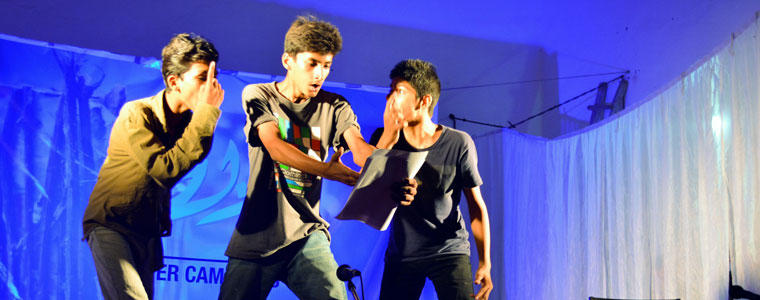
Rabtt was started in 2010 as a "critical thinking summer camp" for children in government-run schools in the Pakistani city of Lahore. The objective was to encourage disadvantaged young students who were more used to lectures and rote memorization in school to "question, analyze, and empathize with different world views." With initial financial support from family and friends and then from organizations such as the Harvard University South Asia Institute, the group has conducted workshops and five summer camps with more than 100 volunteers, reaching in excess of 800 students, according to its website.
"So far we have relied on donors," said co-founder Aneeq Ahmed Cheema in an e-mail from Pakistan. "This year we seek to change that and reach out to individual donors to help expand our program to at least six summer camps this year, reaching around 240 boys and girls."
The volunteers who run the camps teach public speaking, critical thinking, art and drama.
"We are taught subjects like history and philosophy here, which we had never come across in our regular classes," one student says in a compelling 8-minute video on Rabtt's crowdfunding campaign page on the Indiegogo web site.
Cheema and his co-founder, Imran Sarwar, have impressive credentials. Imran holds a Master's degree in public policy from Harvard University's John F. Kennedy School of Government and was just named an Acumen Fellow for innovative social change. Cheema currently is a Fulbright scholar in the U.S., studying for a Master's degree in public policy and management at Carnegie Mellon University.
USIP's Peace Innovations Fund for Pakistan gave Rabtt a small grant of $1,600 in 2012 to host well-known individuals as speakers on themes of peace and tolerance at one of the summer camps, including $600 to produce the video the group now is using for the crowdfunding campaign. The Peace Innovations Fund generally awards $2,000 to $30,000 to support cutting-edge ideas to promote peace in Pakistan. Typical awardees are grassroots activists, reformers, and social enterprises that otherwise sustain themselves through local support and recognition.
"We made a small investment that is allowing them to grow their base of grassroots supporters and funders," said Nadia Naviwala, USIP's country representative in Pakistan. "This is a very good use of our funds."
Surveys of the students before and after the summer camps showed a marked increase in levels of confidence, independent thinking and tolerance.
"I am confident that this experiment, which brings nontraditional teachers to these students in an unconventional setting, will promote two ideas among the students," Arfa Syeda, an academic and historian, says in the video, which is all shot in the classrooms and grounds where the summer camps and workshops were held. "First, they will understand who they are themselves. They will understand what is the meaning -- the blessing -- of being human. And secondly, they will understand what it takes to contribute to the society and connect with it."
Viola Gienger is a senior writer at USIP.
